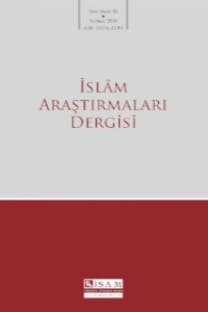Âtıf Mustafa Efendi ve Sıvış Yılları Sorununun Halline Dair Telhisi
Atıf Mustafa Efendi and his Method of Solving the Sivish Skip Year Crisis in the Ottoman Fiscal System
Atıf Mustafa Efendi and his Method of Solving the Sivish Skip Year Crisis in the Ottoman Fiscal System Atıf Mustafa Efendi was one of the most important statesmen in the 18th- century Ottoman Empire; his most important task in the Defterdarlık –among others– was to solve the problem of the sivish skip year crisis. This crisis was the result of the use of a dual calendar in the Ottoman fiscal system. In Ottoman fiscal history, over the centuries expenditures were made according to the lunar calendar, while the solar calendar was used for the collection of most taxes and other income; this situation was brought about by the agricultural character of production and trade, as well as the seasonal nature of mining. As a result, every year there was a difference of approximately eleven days between these two calendars; the income from thirty-two years based on a solar calendar was spent, but this corresponded to thirty-three lunar years; this missing year was known as the “sivish year”. Atıf Efendi came up with a spectacular solution to the problem, thus solving a situation that had plagued the Ottoman State for many years. The aim of this article is to shed light on the previously unknown work, known as telkhýs, which was written by Atıf Mustafa Efendi to solve this matter
Keywords:
Atıf Efendi, the sivish years, telkhýs defterdarlık,
- ISSN: 1301-3289
- Yayın Aralığı: Yılda 2 Sayı
- Başlangıç: 1997
- Yayıncı: TDV İslâm Araştırmaları Merkezi
